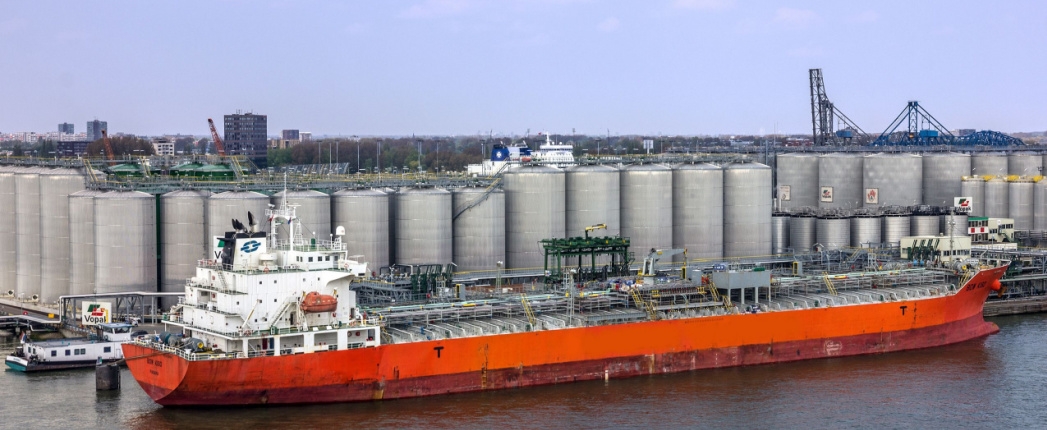
A coalition of the G-7 group of leading industrial nations, Australia and the European Union agreed Friday to introduce price caps on Russian petroleum products, including base oils and finished lubricants, in response to Russia’s war against Ukraine.
G-7 members are Canada, France, Germany, Italy, Japan, the United Kingdom and the United States. Russia was suspended from the Group of Eight in March 2014.
The coalition implemented a price cap for Russian crude oil exports on Dec. 5. On Friday they agreed to extend the measure to two categories of refined products – those that trade at higher prices than crude, such as gasoline and diesel fuels, or lubricants, and those that sell at a discount, such as fuel oil.
The U.S. Department of Treasury issued a news release stating that the new agreement “will better calibrate the price cap policy for refined products, given the wide range of market prices at which these products trade.”
The price range for the petroleum product price cap is being finalized and will be announced in the coming days, before the embargo for Russian refined products imports into EU kicks in on Feb. 5, Bloomberg reported Jan. 19.
The coalition also agreed to introduce changes in March to the U.S. $60 price threshold on the Russian seaborne crude oil, reflecting the new developments on the global oil market.
The introduction of price caps on Russian crude and petroleum products means that the G-7, the EU and Australia prohibit companies from these nations from providing shipping and essential services needed to transport the goods, if the goods are priced above the agreed limit. These services include the obligatory insurance on seaborn transportation of crude, fuels and lubricants.
The price cap was introduced as a move to deprive Moscow of revenue to fund its war in Ukraine.